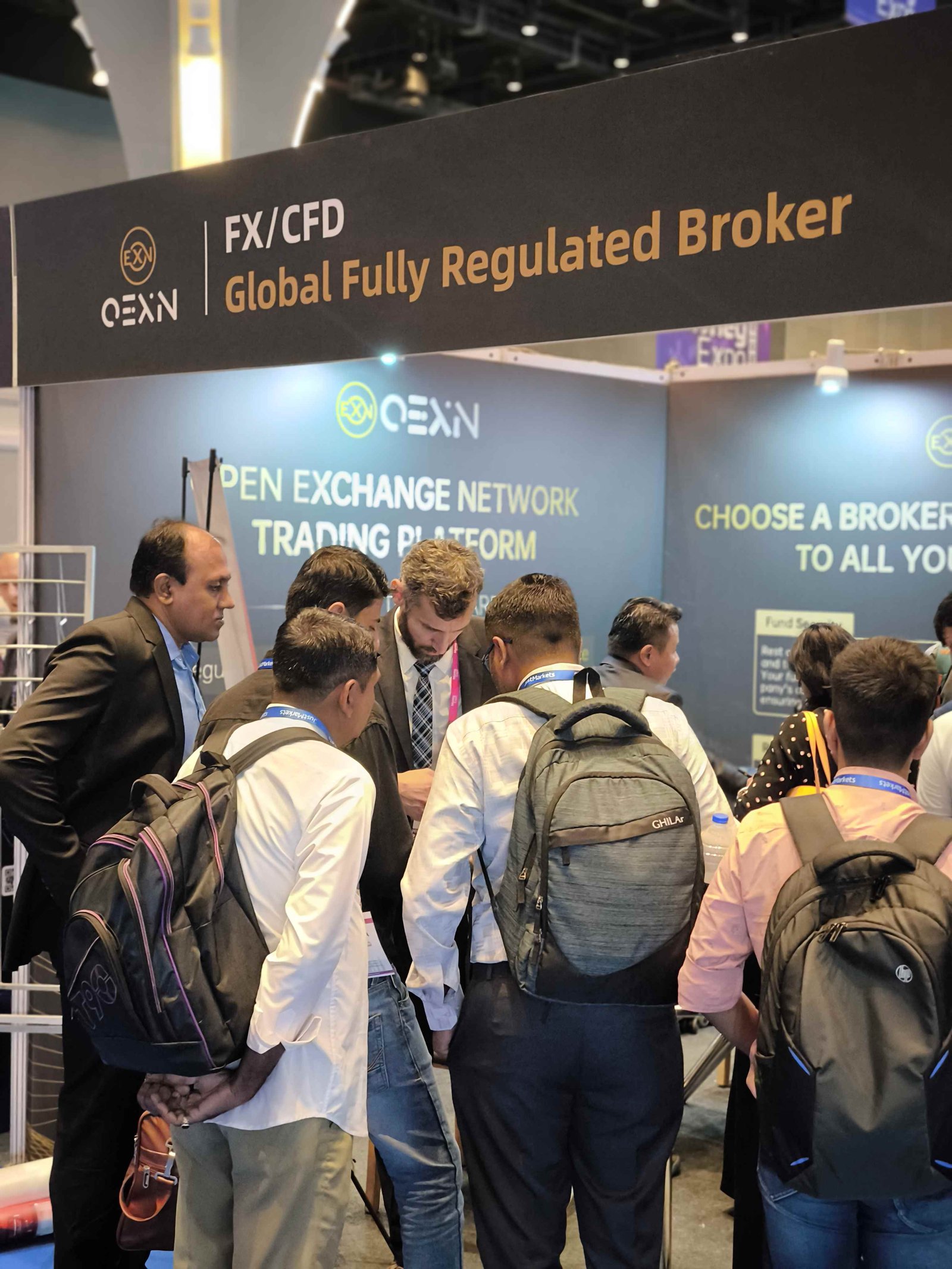The Forex market, a global decentralized marketplace for currency exchange, has undergone a significant transformation in recent years. At the heart of this evolution lies the BROKER, the intermediary connecting individual traders and institutional investors to the dynamic world of foreign exchange trading. No longer simply order execution providers, Forex brokers are now multifaceted platforms offering a wide array of services designed to enhance the trading experience and cater to diverse trader needs.

Technological Innovation: Shaping the Brokerage Landscape
Technical innovation is a driving force behind the evolution of the modern Forex Broker. The advent of sophisticated trading platforms equipped with advanced charting tools, real-time forex news feeds, and algorithmic trading capabilities has empowered traders with unprecedented access to market information and trading strategies. Furthermore, the integration of API solutions has enabled seamless connectivity between trading platforms and third-party applications, facilitating automated trading, risk management, and data analysis. Brokers are constantly striving to offer user-friendly interfaces and enhanced functionality to attract and retain clients.
The Rise of Social Trading and the Copy Trading Phenomenon
One of the most significant trends shaping the Forex brokerage industry is the emergence of social trading, particularly copy trading. These platforms allow novice traders to learn from and replicate the strategies of experienced, successful traders. This intelligent copy trading functionality not only provides a shortcut to potential profitability for beginners but also fosters a collaborative and educational environment within the trading community. Brokers offering robust copy trading features are increasingly popular, attracting a diverse range of traders seeking to leverage the expertise of others.
Security and Regulation: Cornerstones of Trust
Given the high-stakes nature of Forex trading, security and regulation are paramount. Traders need assurance that their funds are safe and that the broker is operating ethically and transparently. Reputable Forex brokers are subject to strict regulatory oversight by reputable financial authorities such as the FCA (Financial Conduct Authority), CySEC (Cyprus Securities and Exchange Commission), and ASIC (Australian Securities and Investments Commission). These regulatory bodies enforce stringent capital adequacy requirements, segregation of client funds, and transparent trading practices to protect investors. Brokers must adhere to anti-money laundering (AML) and know-your-customer (KYC) regulations to further enhance security and prevent financial crimes.
Enhancing the Trading Experience: Beyond Execution
Modern Forex Brokers are committed to providing a seamless and intuitive trading experience. This includes offering a variety of account types tailored to different trading styles and risk tolerances, providing educational resources such as webinars, tutorials, and market analysis reports, and delivering responsive and professional customer support. Many brokers also offer mobile trading platforms, allowing traders to access the markets and manage their accounts on the go. The focus is on empowering traders with the tools and knowledge they need to succeed.
The Future of Forex Brokerage: Towards Enhanced Personalization and AI Integration
The future of the Forex Brokerage industry is likely to be characterized by even greater personalization and the integration of artificial intelligence (AI). Brokers will increasingly leverage AI to provide customized trading recommendations, personalized risk management tools, and proactive customer support. Furthermore, the development of more sophisticated smart copy trading algorithms will enable traders to identify and replicate the strategies of top-performing traders with greater precision and efficiency. The ongoing focus on innovation, security, and customer satisfaction will be crucial for brokers seeking to thrive in the increasingly competitive Forex market. As technology evolves, the role of the broker will continue to adapt, shaping the future of forex platforms and the overall trading ecosystem.
